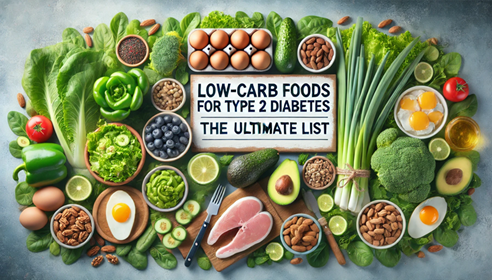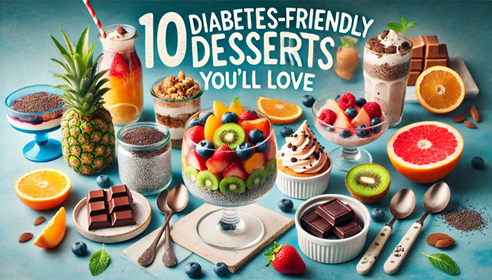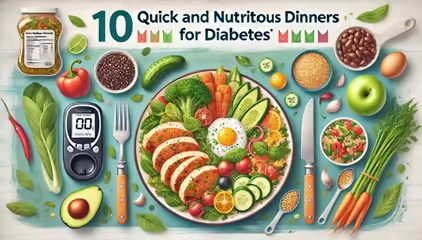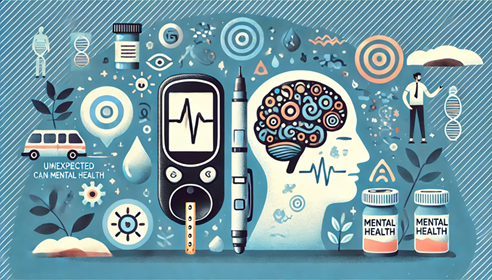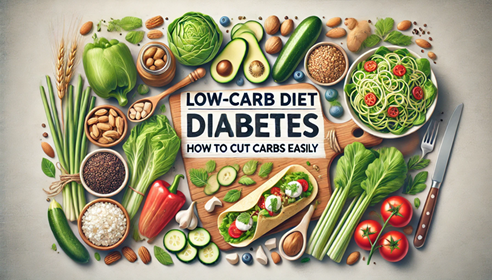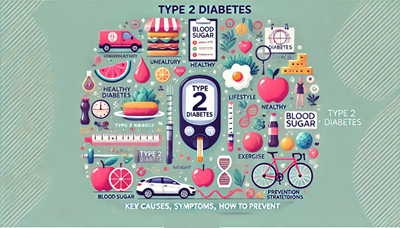Alcohol and Diabetes: What You Need to Know
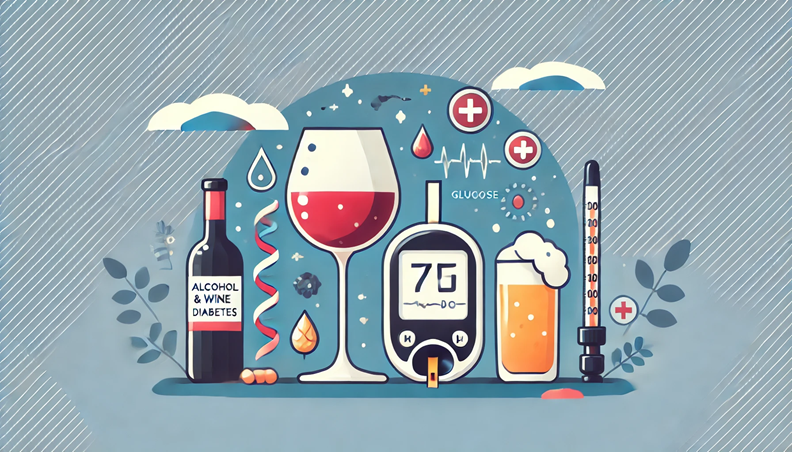
Managing diabetes involves careful monitoring of diet and lifestyle, and alcohol consumption is no exception. Whether you have type 1 or type 2 diabetes, understanding how alcohol affects your body is crucial to making informed choices. From blood sugar fluctuations to potential interactions with medications, alcohol can have both immediate and long-term effects.
Table of Contents
Does Alcohol Spike Insulin?
One of the key concerns for diabetics is how alcohol impacts blood sugar and insulin levels. While moderate amounts of alcohol can cause a temporary rise in blood sugar, excessive consumption can actually lower blood sugar to dangerous levels. This effect occurs because alcohol inhibits the liver’s ability to release glucose into the bloodstream, which can be risky for those on insulin or medications that increase insulin production.
What Alcohol Should Diabetics Avoid?
Certain types of alcohol are more likely to cause blood sugar spikes or drops. Drinks with a high sugar content, like sweet wines, dessert wines, and cocktails made with sugary mixers, should generally be avoided. These beverages can cause a rapid increase in blood sugar, which can then crash, leading to hypoglycemia. For safer options, diabetics should consider drinks with lower sugar content.
Can Diabetics Drink Whiskey?
Yes, diabetics can drink whiskey in moderation. Whiskey is a distilled spirit and contains no carbs or sugar, making it a safer option compared to sugary cocktails. However, it’s important to consume it in moderation and be aware of how your body reacts. Always check your blood sugar levels before and after drinking.
Can You Drink Alcohol with Diabetes Type 1?
For individuals with type 1 diabetes, drinking alcohol requires careful monitoring. Alcohol can make blood sugar management more complicated and increase the risk of hypoglycemia, especially if consumed on an empty stomach. If you choose to drink, make sure to eat a balanced meal beforehand, monitor your glucose levels closely, and inform someone you are with about your condition.
What Alcohol Can Diabetics Drink Type 2?
People with type 2 diabetes have more flexibility when it comes to alcohol, but moderation is still essential. Opt for low-carb drinks like dry wines, light beers, or spirits mixed with sugar-free mixers. These options are less likely to cause dramatic changes in blood sugar. Always be mindful of portion sizes and avoid binge drinking.
How Much Alcohol Is OK for a Diabetic?
Moderation is key when it comes to alcohol consumption. For most people with diabetes, one drink per day for women and up to two drinks per day for men is generally considered safe. A “drink” is defined as 5 ounces of wine, 12 ounces of beer, or 1.5 ounces of distilled spirits. Even in moderation, it’s essential to monitor how alcohol affects your blood sugar.
Can Stopping Alcohol Reduce Diabetes?
There is evidence to suggest that reducing or eliminating alcohol can improve diabetes management and even lower HbA1c levels. Alcohol can interfere with medications and contribute to weight gain, both of which are detrimental for people with diabetes. Cutting back or stopping alcohol consumption can help improve overall health and make diabetes easier to manage.
What Happens If a Diabetic Drinks Too Much Alcohol?
Drinking excessive amounts of alcohol can be dangerous for diabetics. It can lead to severe hypoglycemia, especially if you are taking insulin or medications that lower blood sugar. Chronic heavy drinking can also contribute to complications such as nerve damage, heart disease, and liver issues. It’s important to be mindful of alcohol intake and recognize the warning signs of low blood sugar, such as dizziness, confusion, and weakness.
Can Alcohol Affect Diabetes Management Long-Term?
Yes, frequent alcohol consumption can lead to long-term health complications, particularly for those with diabetes. Heavy drinking can worsen nerve damage and increase the risk of heart disease. It can also interfere with the liver’s ability to manage blood sugar levels effectively. If you struggle with alcohol consumption, it may be beneficial to speak with a healthcare provider for guidance.
Conclusion
Drinking alcohol when you have diabetes requires careful consideration and moderation. Understanding how different types of alcohol affect your blood sugar and insulin levels can help you make safer choices. Always monitor your blood sugar closely, opt for low-sugar drinks, and never drink on an empty stomach. Remember, moderation is key to enjoying alcohol safely and minimizing the risk of complications. For more information and personalized advice, consult your healthcare provider.
Useful Links
- American Diabetes Association: Comprehensive resources on diabetes management and lifestyle tips.
- Centers for Disease Control and Prevention (CDC): Guidelines and information about diabetes and alcohol consumption.
This article is designed to help you make informed decisions about alcohol and diabetes management. Always prioritize your health and safety by drinking responsibly.

